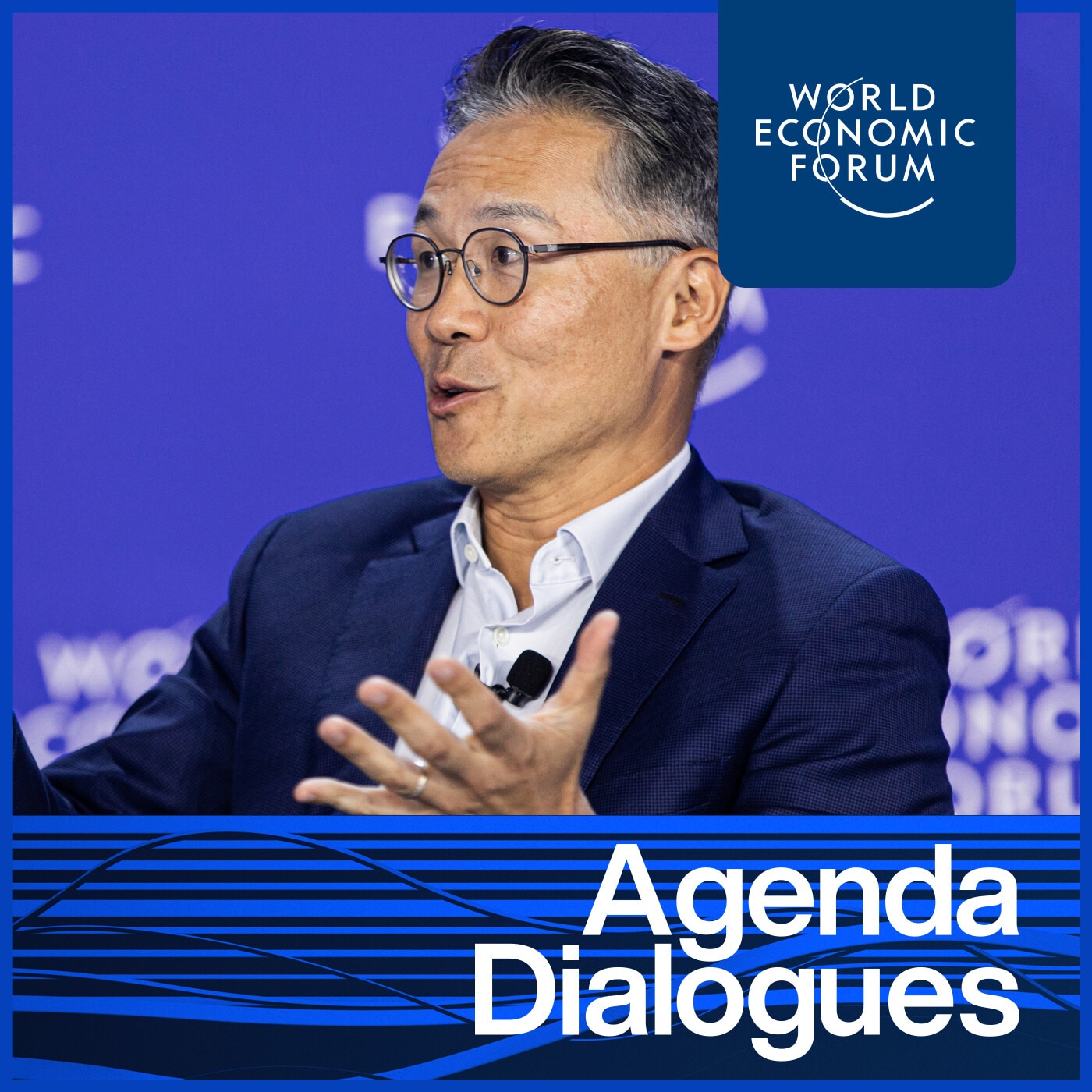Opening of the Special Meeting on Economic Growth and Job Creation in the Arab World

Stay up to date:
Economic Progress
H.M. King Abdullah II Ibn Al Hussein of the Hashemite Kingdom of Jordan opened the World Economic Forum Special Meeting on Economic Growth and Job Creation in the Arab World today by observing that the Arab world has reached a critical turning point. “Our region stands today at the gates to the future,” said the King, noting that there are four gates or crucial areas for consideration: dignity, opportunity, democracy, and peace and justice.
The King emphasized that the region urgently needs economic growth, and that it has one of the world’s highest unemployment rates for youth. To widen the gate of opportunity, the King said, the region requires entrepreneurs, innovators, educators and policy-makers to clear the path to 85 million new jobs that the region needs to create. The King listed a level playing field and the rule of law as critical factors for economic growth. Jordan, he said, has now created an independent election commission and expects to have new legislative and municipal elections soon.
World Economic Forum Founder and Executive Chairman Klaus Schwab told participants that the recent cascade of events, ranging from financial crises to political upheavals, makes it easy to overlook the fact that the world is undergoing a substantial transformation.
Schwab proposed five new models to deal with global changes: first, a model is needed to take into account the shifting balance of power from East to West and from North to South, as well as the growing power of non-state actors; another is needed to deal with the growing cultural and religious diversity within each country, and the need for a new global sense of identity; a third model is needed to cope with the social impact of globalization; a fourth for job creation; and a fifth to streamline government and eliminate corruption and cronyism.
Job creation requires changes in education that will encourage more entrepreneurship and risk taking. The new world that is taking shape, Schwab said, will rely more on talent and less on capital. In a sense, he said, “it will rely less on capitalism and more on ‘talentism’.”
“Jordan is the right place at the right time, and the right context,” Schwab said, “where we must – individually and collectively – have the foresight, the commitment and collaborative spirit to shape the new models needed to safeguard our global future, and to respond to the expectations and hopes of the hundreds of millions of people who presently feel left out.”
Don't miss any update on this topic
Create a free account and access your personalized content collection with our latest publications and analyses.
License and Republishing
World Economic Forum articles may be republished in accordance with the Creative Commons Attribution-NonCommercial-NoDerivatives 4.0 International Public License, and in accordance with our Terms of Use.
The views expressed in this article are those of the author alone and not the World Economic Forum.
Forum Stories newsletter
Bringing you weekly curated insights and analysis on the global issues that matter.
More on Economic GrowthSee all
Ivan Shkvarun
July 25, 2025
John Letzing
July 24, 2025
Katica Roy
July 23, 2025
Elena Raevskikh and Giovanna Di Mauro
July 23, 2025
Ali Alwaleed Al-Thani and Santiago Banales
July 21, 2025





